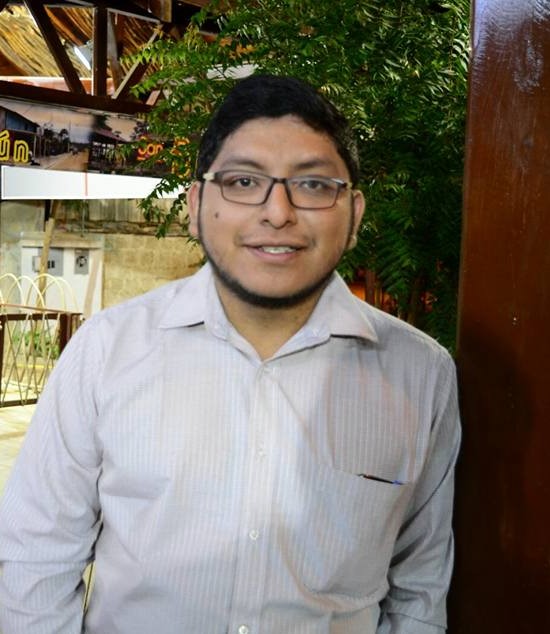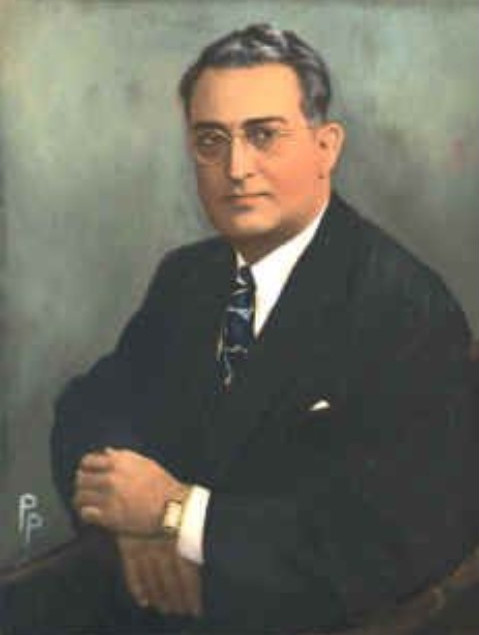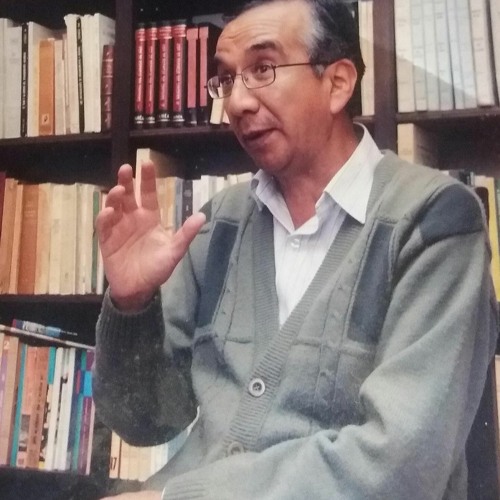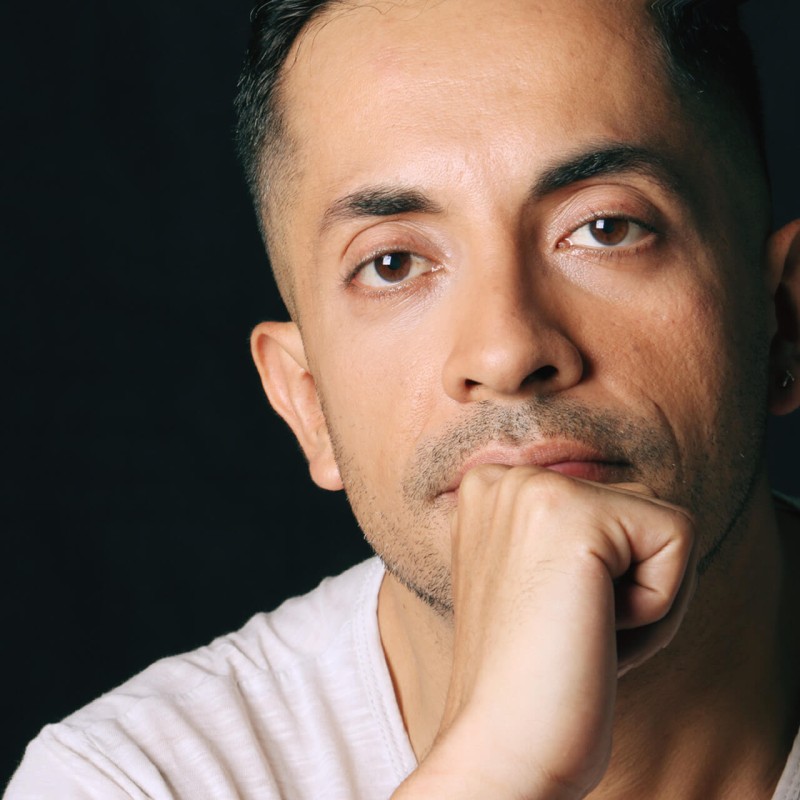Translated to English by Richard Gabela on March 24, 2025, from the original work A María by Pastora Alomía de Guerrero (1835–1919) of Ibarra, Ecuador. This poem was published in Parnaso ecuatoriano (1879), edited by Manuel Gallegos Naranjo.
To María
Are you leaving for the countryside, my dear friend!
What gift can I offer you upon your departure…?
A sad and tender farewell
Is all my love can give you, sweet María!
You go, bearing my soul within your breast,
You go, leaving sorrow in my heart,
You go, abandoning me to the chaos I endure,
You go, bearing my passion still alive!
I bid you farewell on this sorrowful day,
A farewell that consumes my chest with pain;
I wish I did not exist in this hour
That steals from me the sight of María.
Will you reach the garden of your meadow
And gladly open its trellis,
Gathering beautiful flowers each day
Without sending me a cypress or a willow, at least?
No, María! Remember how Pastora,
When she was still in the countryside,
Would sing to your enchanting memory
In rhythm with the sparrow’s melodious trills.
My voice, mingled with sighs for your absence,
Sang in sweet harmony with the blackbird’s song;
Do the same, I beg you, in mercy,
And I will honor your noble gesture.
I would fly into your arms without delay,
Ah! to see you in your heavenly dwelling,
And leaving behind this face of sadness,
Place my heart gently in your hands.
Meanwhile, send your sigh
To that sad place where I once lived,
Where with you, my friend, I used to dream,
And to see you again, ah! I lose my mind.
Translator’s Note: I chose to translate A María because it is a deeply personal and emotionally resonant farewell poem that captures the intimate voice of Pastora Alomía de Guerrero, one of Ecuador’s earliest recognized women poets. Written in the tradition of romantic lyricism, the poem is a tender elegy to a departing friend—possibly a stand-in for lost love, companionship, or even youth itself. Its imagery of gardens, birdsong, sighs, and heartfelt absence evokes both a pastoral landscape and an inner world shaken by longing. What moved me most was how the speaker offers no grand gestures, only the sincerity of her emotion—a farewell shaped by vulnerability and poetic memory. I aimed to preserve both the clarity and musicality of Pastora’s voice, allowing English readers to experience the quiet intensity of her lament, and to glimpse the lyrical soul that earned her praise in 19th-century Ecuador.
A María
¿Te retiras al campo, amiga mía!
¡Qué obsequio puedo hacerte en tu partida…?
Una triste y sensible despedida
Te dedica mi amor, dulce María!
Partes llevando mi alma allá en tu seno,
Partes dejando pena al corazón,
Partes dejándome en el caos que peno,
Partes llevando viva mi pasión!
Un adios te dirijo en triste día,
Un adios que á mi pecho le devora;
No existir yo quisiera en esa hora
Que me arranca la vista de María.
¿Llegarás al jardín de tu pradera
I gozosa abrirás su celosía,
Tomando bellas flores cada día
Sin enviarme un ciprés ó un saúz siquiera?
¡No María! recuerda que Pastora
Cuando estaba del campo en posesion,
Cantaba á tu memoria encantadora
Al compas de los trinos del gorrion.
Mezclada de suspiros por tu ausencia
Con el mirlo entonaba su cancion;
Haz tú á la vez lo mismo, por clemencia,
Que yo retomaré tu noble accion.
Volaría yo á tus brazos con presteza,
Ay! por verte en tu célica mansion,
I dejando el semblante de tristeza
En tus manos pondría mi corazón.
Entre tanto, dirije tu suspiro
A ese triste lugar do yo habitaba,
Donde contigo, amiga, yo soñaba,
I por verte otra vez, ay! yo deliro.





